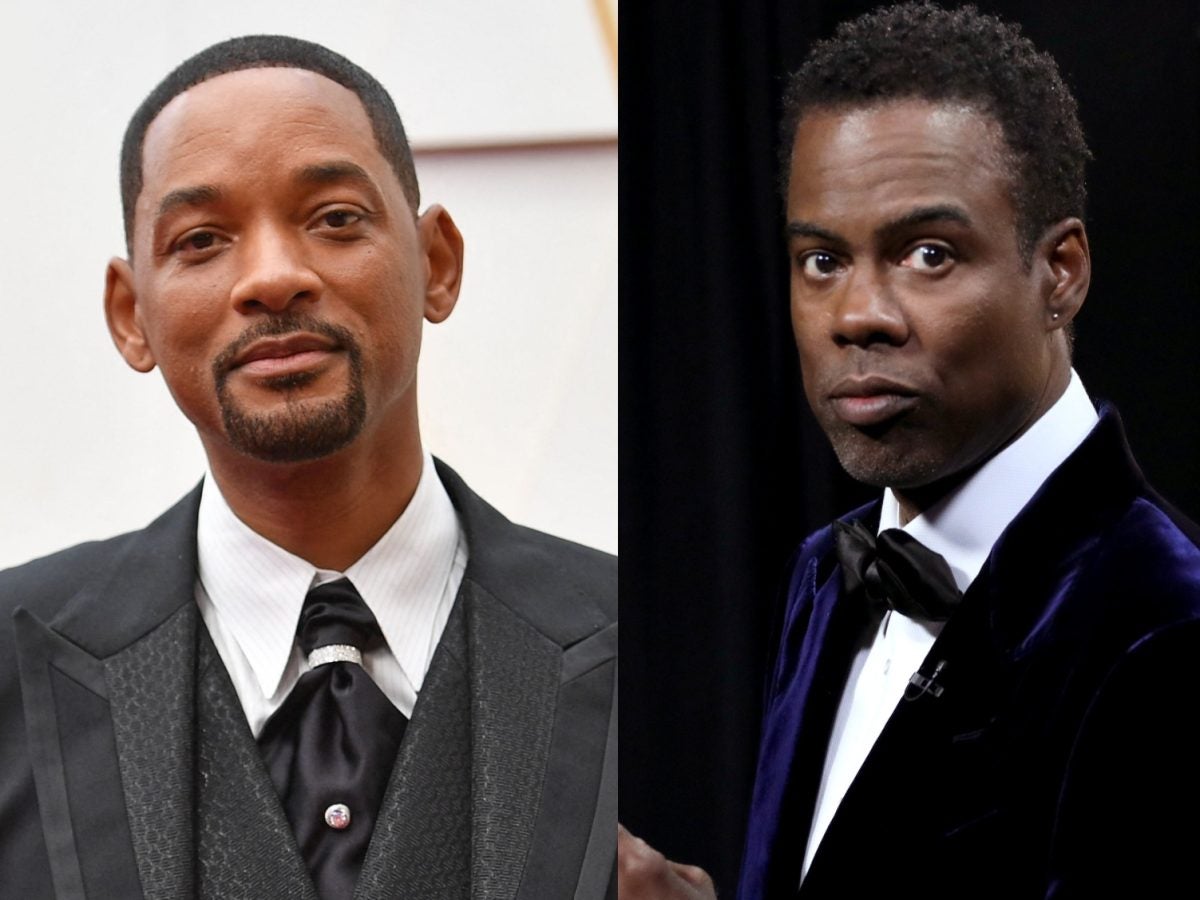
The Black American. No other ethnic group has ever been a slave on American soil. Therefore, our entire selves are unique. There are countless unknowns when it comes to how or when the results of that trauma and its horrific, compounded interest will show up. As Black men, specifically, our struggle is to learn that we deserve to lead with grace, as it pertains to each other, while we navigate that trauma.
Mental health requires us to stay present and intentional through moments of contention. We must find the balance between our actual self versus our assimilated self, emotions versus practices, and the truth versus facts. Regardless of who we are, we have an obligation to offer grace. We must always pause and address the question: What is the lesson to be learned in each situation?
Society hopes and expects for us to be rational responders. There are limits on what a person controls, and this presents a conundrum for how the Black man can and should respond in intense moments. If I told you a story about the mind of a person who consistently feels oppressed, struggles to find their identity, and has to fit into a space to become successful and then when you experience that success you are required to shed your life’s lessons, pains, struggles and everything being marginalized has given you, you would see the invisible man; made to take being disrespected in subtle and explicit ways, sometimes consciously and subconsciously.
To this invisible man, home does not always mean being seen. For far too many Black men, feelings of being obsolete in his own family is also common. Feeling disconnected from his wife, children and extended family enhances a loneliness that he has been conditioned to ignore. If he is fortunate enough to reach success, he is then accused of being a sellout, detached culturally, or engaging in behaviors that are now viewed as being toxic; all the while having to be more than one person each day: his Black self, his assimilated self and other versions of self that life has made him have to adjust to. Where and when does he learn the lesson on how to control the narrative created about him when even if he tries, it feels like an insurmountable task? Do we expect that individual to be a rational responder? Is there a narrative where his behavior looks irrational? The vivid imagery that is a consistent reminder of his negative standing in society and drowns out the positive images takes a toll on his viewpoint and interpretation of what he sees and hears as it pertains to himself and his manhood. He doesn’t have the grace to put down the baggage of expectations to defend himself and his family in a manner which dispels the cliché angry Black man, partly because that alternative response doesn’t translate into a level of respect from his community. But, before we think this is about justifying behaviors or acts that are outside the realm of societal norms, let’s be clear: We exist in a space where those norms are being expanded and/or changed in real time.
This isn’t about justification, but rather, the need for health and wellness. It’s about why the need to institute appropriate mental practices is so important. Spiritual practices are not much different from mental health and wellness practices. Becoming more proficient in the practices of understanding your own mind and mental well-being can land you in a very different space than most would think it would when you better understand who you are, what makes you tick and how you then manage yourself in the best and worst moments. It allows for you to land on a symbolic word like grace.
Showing grace and engaging in wellness practices allows for options when presented with these issues or dealing with that trauma. It doesn’t mean it blunts your emotional reaction because that is almost impossible to do. It means that it will help you to identify the behaviors that are most appropriate to tap into during these moments. The recent public events have already created a debate about right versus wrong. That is not the issue. It is about robustly increasing the access to great mental health care and focusing on being on well enough to better help, heal, increase interpretation and exercise grace. In this most recent event, it would have been amazing to see plenty of grace go around.
Doc n Da Dude are brothers who take a clinical, common sense, comedic, and most importantly, a real life and brutally honest approach to addressing mental health in all communities. The Doc being Licensed Clinical Psychologist and Cultural Enthusiast Dr. Kendell Jasper and The Dude, Investor/Entrepreneur and Mental Health Strategist Kainon Jasper.